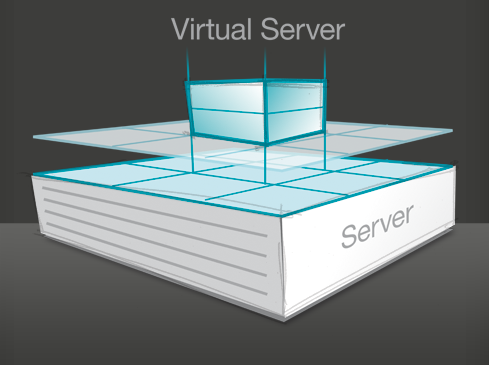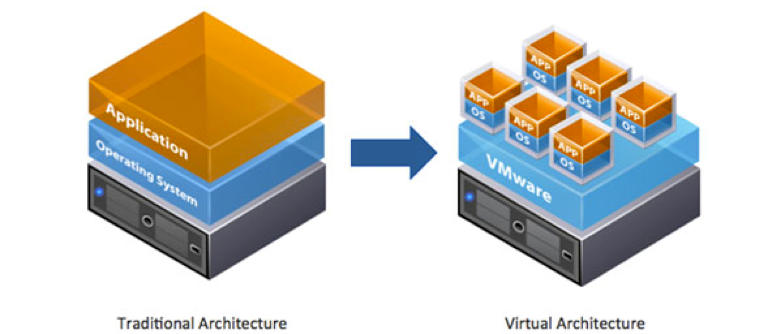Advantages and Disadvantages of a Virtual Server
The success of your website and its online visibility can be adversely affected by the quality of the hosting services you have chosen. Often website’s failure and undesirable interruptions are as a result of poor hosting services. As an alternative, many site owners are increasingly turning to Virtual Servers as the next best alternative.
In simple terms, what a Virtual Server does, is to provide virtualization software that enables one server to do all the work of multiple servers; by sharing a single server’s resources across multiple environments.
This is particularly advantageous to a company in terms of being able to host a number of operating systems in multiple locations both internationally and locally in a single server. Thus freeing users from both geographical and physical barriers.
Today I take a look at the advantages and disadvantages of a virtual server:
Advantages of a Virtual Server
Less Energy cost and Increased Performance – First and foremost, virtual server significantly lowers the cost of operations. By virtualization, companies saves huge sum of power that would have been consumed to run multiple physical servers. In addition, consolidating multiple servers into a single virtual server eliminates the cost of having to purchase and install numerous hardware every time a company sets up another website. Every next additional website will simply be added to the existing virtual server, saving both time and resources.
Easy to run Disaster Recovery – Virtual infrastructure makes disaster recovery even easier to run. A full server could be restored from scratch in less than a minute. The company can easily create data backups of snapshot server images that will facilitate the recovery process automatically.
It’s Eco-Friendly – Companies that use virtual server technologies save a lot on power consumption; up to 40% in power and maintenance cost. With the power save, comes less burning carbon fuels and greenhouse gas emissions to the environment from the bigger picture perspective. In essence virtual server makes companies go green, apart from the obvious fact that it’s a smart financial move. For more information about the carbon footprint of a conventional server click here.
Saves Time – Considering the time consumed during installation or maintenance, virtual servers are great time savers. The company’s IT staff can easily set up, upgrade and run resource application procedures in just a couple of hours. The conventional servers took several days, but the virtual servers can have this done in a matter of few hours, and while being worked on, it is no longer necessary for the company emailing system to go down during these procedures.
Disadvantages of Virtual Servers
The biggest disadvantages of virtual servers with reference to the conventional servers is that if or when the server goes offline, all the websites hosted by it will also go down. To solve this, the company could set up a cluster of servers.
The second most disadvantageous character traits of virtual servers it the fact that virtual servers usually share the same platform. This could lead to a scenario where one site is sharing the same platform as an unsavoury site like a pornography website. It would, therefore, be prudent to reinforce all the sites hosted on a virtual server with best security systems available in the market.
That would be all that I have to share with you on virtual servers. Remember the success and visibility of your website also largely depend on the type web server. Choosing a reliable and responsive server is a great advantage towards getting more visitors and clients to your website.




